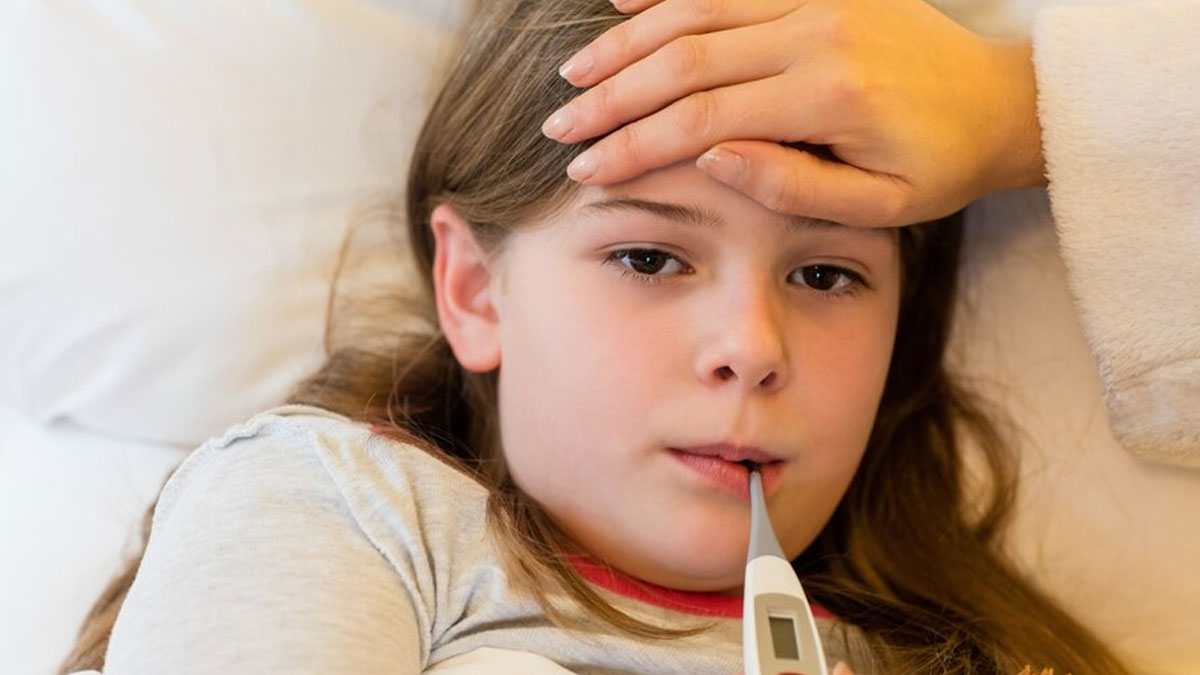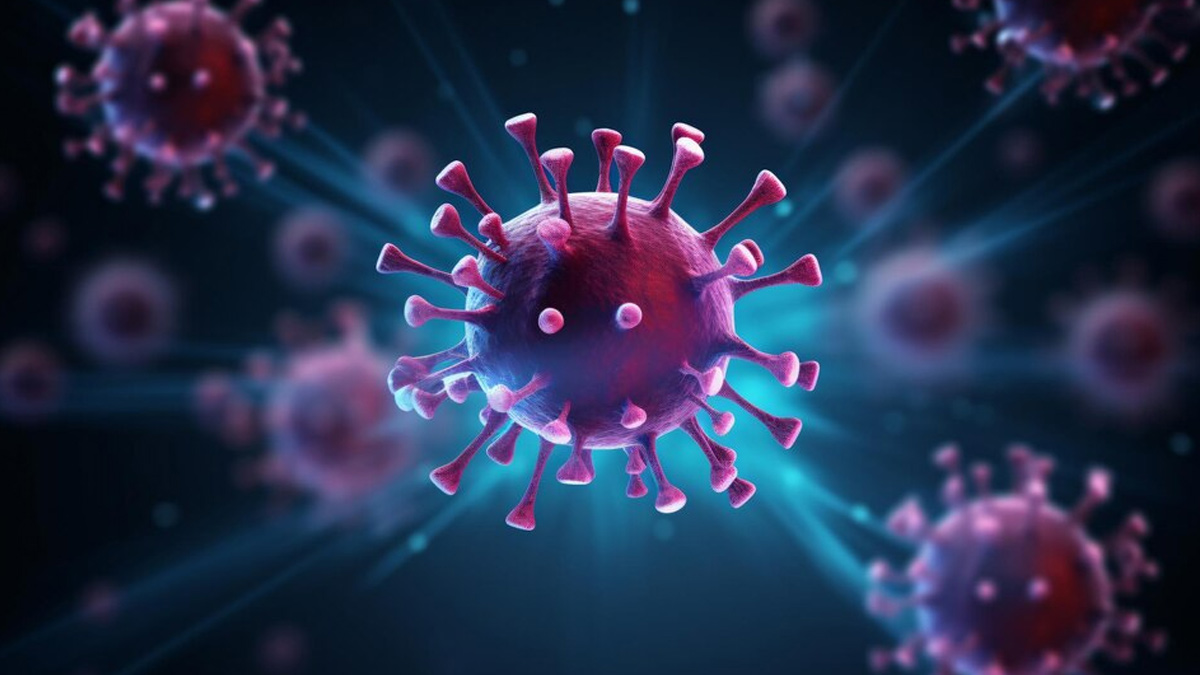
The Chandipura Virus (CHPV) has resurfaced as a significant public health concern in India, particularly with recent outbreaks in Gujarat. Although this virus is not new, it has recently been linked to severe illnesses in children, bringing it back into the spotlight. Current reports reveal that six children have tragically died from suspected CHPV infections, highlighting the urgent need to understand this dangerous pathogen and its impact.
Table of Content:-
In a media briefing in Gandhinagar, Health Minister Rishikesh Patel announced, "We have reported six suspected deaths due to the CHPV in the state. We will only be able to confirm whether these are indeed Chandipura virus cases once the test results come in."
He reassured the public, stating, "There is no need to panic about Chandipura viral encephalitis, but caution is essential."
Additional cases have been reported in Madhya Pradesh, Andhra Pradesh, and Maharashtra, highlighting the urgent need for vigilance and proactive measures to combat this dangerous virus.
Also Read: Zika Virus During Pregnancy: Here Are 7 Things That You Should Know
What Is Chandipura Virus

According to a 2012 study, the Chandipura Virus (CHPV), a member of the Rhabdoviridae family, is the cause of a severe outbreak in rural areas of India. Predominantly affecting children, the virus leads to symptoms similar to influenza along with neurological dysfunctions. It is transmitted through vectors, such as mosquitoes, ticks, and sandflies.
We reached out to our expert Dr Rahul Verma, Director, Neonatology and General Paediatrics, Sir HN Reliance Foundation Hospital, Mumbai, who listed symptoms, causes, and risk factors for this infection.
Symptoms Of Chandipura Virus Infection

- High Fever: One of the earliest and most common chandipura virus symptoms of CHPV is a sudden high fever. The fever can be intense and persistent, which can lead to discomfort and complications if not managed properly.
- Rash: A rash may develop on the skin, which can vary from mild to severe and is often a visible sign of infection.
- Vomiting: Many patients experience vomiting, which can be severe and persistent, further exacerbating dehydration and discomfort.
- Headache: Headache is a frequent symptom, often severe, and can be accompanied by a feeling of pressure or pain in the head.
- Neurological Symptoms: In more severe cases, CHPV infection can lead to neurological symptoms, such as confusion, altered consciousness, seizures, and even coma. These symptoms indicate that the virus is affecting the central nervous system and may progress to conditions like encephalitis.
- Muscle Pain and Joint Pain: Muscle aches and joint pain are common and can contribute to overall discomfort during the illness.
- Gastrointestinal Issues: Diarrhoea and abdominal pain may also occur, adding to the list of symptoms that can be quite debilitating.
Causes and Risk Factors

"Chandipura virus infection is caused by the Chandipura virus, which is transmitted to humans primarily through the bites of infected sandflies. While sandflies are the main vectors, mosquitoes and ticks can also carry the virus, though this is less common," said Dr Verma.
The virus is not spread from person to person but through environmental exposure to infected vectors. During outbreaks, the risk of infection increases due to the higher population of these vectors in certain areas.
Risk factors for contracting CHPV infection include:
- Poor sanitation and hygiene conditions
- Proximity to animal habitats
- Lack of protective measures against mosquito bites
- Weakened immune system
Also Read: How To Know If Your Child Suffers From Common Cold Or Respiratory Syncytial Virus?
Should You Be Worried?
"While CHPV infection can be severe, the risk of contracting the disease is relatively low. However, it is essential to be aware of the symptoms and take preventive measures, especially if you live in areas prone to outbreaks," added Dr Verma.
Rarity of Infection
CHPV infection is relatively rare compared to other viral diseases like dengue or malaria. Outbreaks tend to be localised and occur sporadically rather than being widespread.
Severity of Disease
While the infection can be severe, particularly in young children, it does not always lead to fatal outcomes. Early detection and treatment can manage symptoms and reduce the risk of serious complications.
How To Prevent Chandipura Virus Infection?
Prevention is key in avoiding this infection. Some expert-recommended measures include:
- Using insect repellents and mosquito nets
- Wearing protective clothing and applying mosquito repellent
- Avoiding outdoor activities during peak mosquito hours
- Maintaining good hygiene and sanitation
[ Disclaimer: This article contains information provided by an expert and is for informational purposes only. Hence, we advise you to consult your own professional if you are dealing with any health issues to avoid complications.]
Also watch this video
How we keep this article up to date:
We work with experts and keep a close eye on the latest in health and wellness. Whenever there is a new research or helpful information, we update our articles with accurate and useful advice.
Current Version